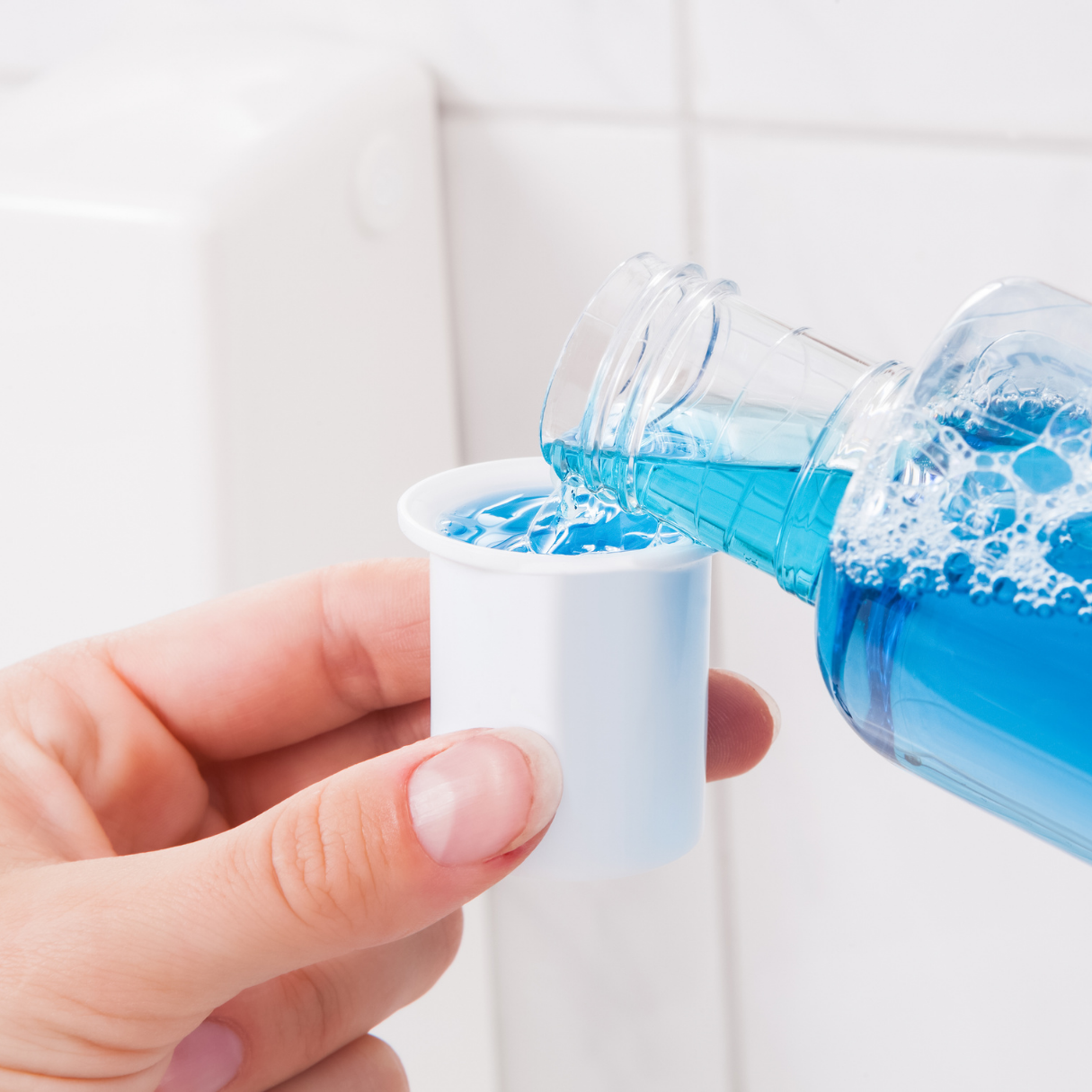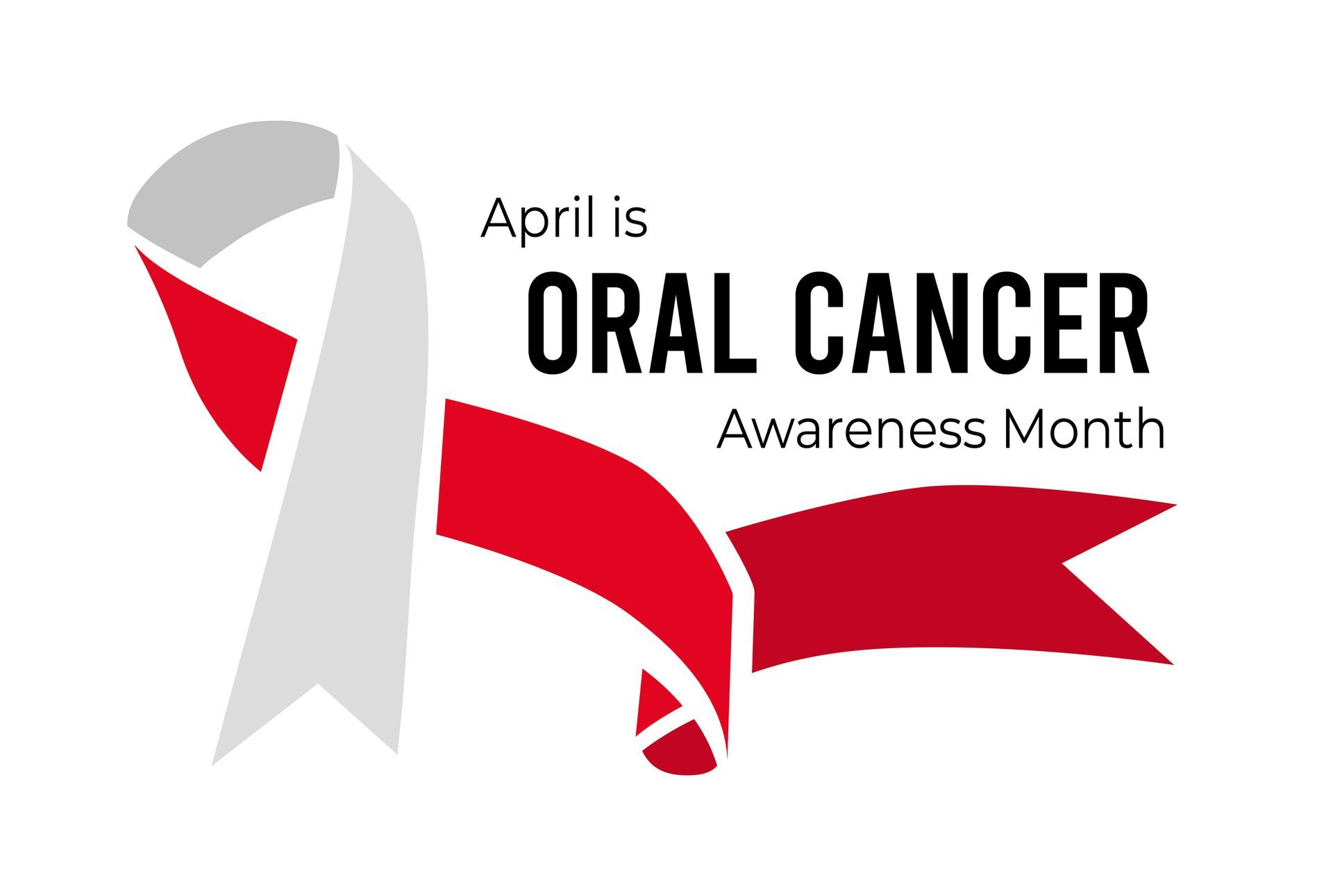How Can I Prevent Bad Breath?
Bad breath, also known as halitosis, can be an embarrassing and socially awkward problem to deal with. Whether you’re at work, socializing with friends, or on a date, the last thing you want is for your breath to leave a lasting impression. Fortunately, there are several effective ways to prevent bad breath and maintain fresh, clean breath throughout the day. In this article, we’ll explore some simple yet essential tips to keep bad breath at bay.

Maintain Excellent Oral Hygiene:
The foundation of preventing bad breath is maintaining excellent oral hygiene. This includes brushing your teeth at least twice a day, ideally after every meal, and using fluoride toothpaste. Don’t forget to brush your tongue as well, as bacteria can accumulate on its surface. Flossing daily is equally important, as it helps remove food particles and plaque between your teeth where your toothbrush can’t reach.
Use Mouthwash:
Mouthwash can be a valuable addition to your oral hygiene routine. Look for an antimicrobial or antibacterial mouthwash that can help kill bacteria in your mouth. Swishing mouthwash for about 30 seconds can freshen your breath and provide a protective barrier against bacterial growth.

Stay Hydrated:
Saliva plays a crucial role in keeping your mouth clean and neutralizing acids produced by bacteria. Staying hydrated helps maintain an adequate flow of saliva. Drink plenty of water throughout the day to keep your mouth moist and reduce the chances of developing dry mouth, a common cause of bad breath.
Watch Your Diet:
Certain foods can contribute to bad breath. Garlic, onions, and strong spices are known culprits. When consuming such foods, consider chewing sugar-free gum or eating fresh parsley afterward to help mask the odor. Additionally, try to incorporate crunchy fruits and vegetables like apples and carrots into your diet, as they can help clean your teeth naturally.
Avoid Tobacco and Alcohol:
Tobacco products and excessive alcohol consumption can lead to chronic bad breath. They not only dry out your mouth but also leave behind strong odors. Quitting smoking and limiting alcohol intake can significantly improve your breath and overall health.
Regular Dental Checkups:
Don’t skip your regular dental checkups. Your dentist can detect and address any oral health issues that may be contributing to bad breath, such as gum disease or tooth decay. Professional cleanings also help remove plaque and tartar buildup.
Consider Your Medications:
Some medications can cause dry mouth as a side effect, leading to bad breath. If you suspect your medication may be the culprit, talk to your healthcare provider about possible alternatives or strategies to alleviate this symptom.
Manage Medical Conditions:
Certain medical conditions, like sinus infections, gastrointestinal issues, or diabetes, can contribute to bad breath. Managing these conditions with the help of a healthcare professional can improve your overall health and reduce bad breath.
Preventing bad breath is achievable by following a consistent oral hygiene routine, staying hydrated, and being mindful of your diet and lifestyle choices. While occasional bad breath is normal, chronic halitosis may be a sign of an underlying issue that requires attention. By adopting these simple habits and consulting with your dentist and healthcare provider as needed, you can enjoy fresh, clean breath and boost your confidence in any social situation.




